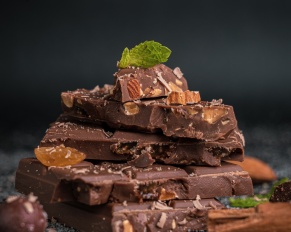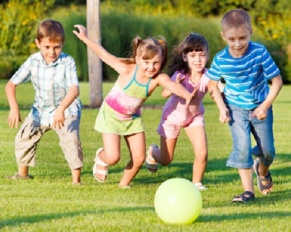You love your child more than anything. But you are tired in a way that sleep doesn’t fix. You may…


You love your child more than anything. But you are tired in a way that sleep doesn’t fix. You may…

Attention-deficit/hyperactivity disorder (ADHD) proliferates the lives of millions of US families. Usually manifesting in school-age children, it can impact grades,…

March is National Nutrition Month, a time to reflect on the importance of healthy eating and how nutrition affects our…

Just imagine: It’s been a long day of fun, exploration, and learning, and now it’s bedtime for your little one.…

Playing an instrument has been widely acknowledged for its numerous benefits in the psychological development of children. As a result,…

For a lot of us, chocolate is more than just a dessert. Chocolate is a mood booster, a reward at…

Bringing a newborn home from the hospital may be a frightening experience for parents as they navigate the first few…

If you notice that your newborn has a flat spot or abnormal head shape, the first thing you should do…

A craniofacial disorder or anomaly refers to a category of deformities in the growth of the head and facial bones. Anomaly is a medical term that means “different from normal” or “irregular.” These types of anomalies are congenital (present at birth) and can occur in many different forms. They can be mild or severe enough to warrant surgery. Sometimes, craniofacial disorders are also associated with disorders elsewhere in the body, causing further complications. In the U.S., nearly 600,000 people have been diagnosed with a craniofacial condition.

Kids and the outdoors—they just go together! Study after study has proved that children who spend time playing, running, jumping, and doing all manner of other fun and physical activities outdoors do better in school and have fewer emotional upsets than those who don’t. But, as a parent, you know that the great outdoors carry their own safety issues that aren’t so great. And no one knows this better than teachers, which is why top teachers in New Jersey have compiled the following outdoor safety tips for kids that will help parents and kids alike know how to manage their outdoor activities safely.